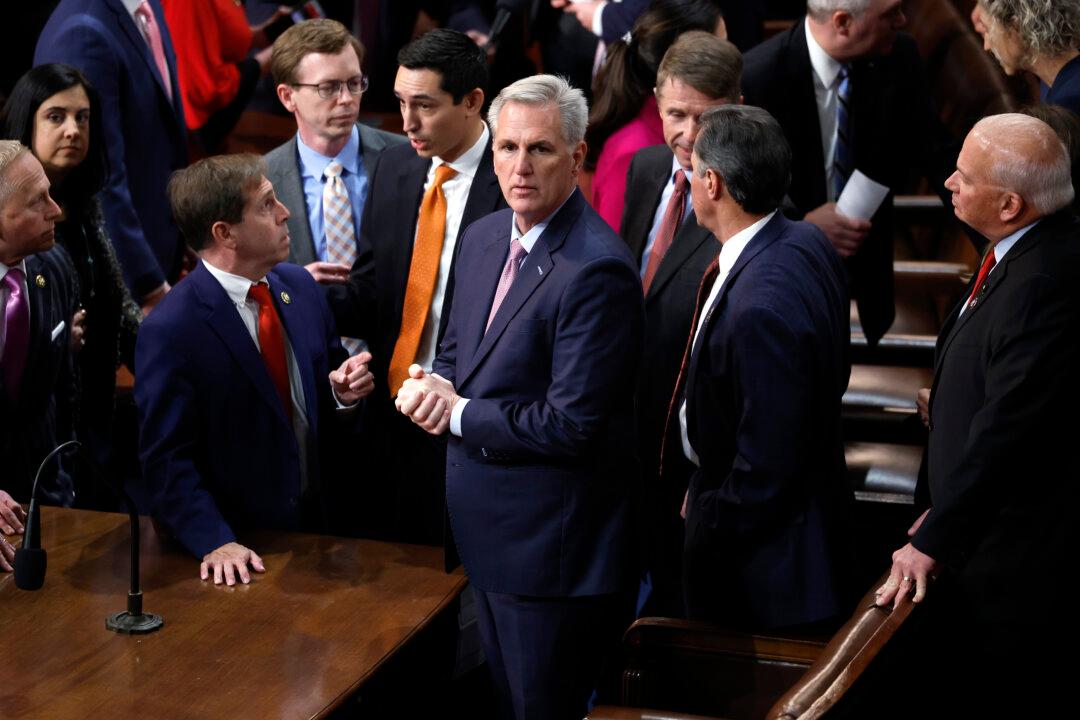Newly elected House Speaker Kevin McCarthy (R-Calif.) tried to make hay with Republicans by starting the 118th Congress with a move to defund 87,000 new Internal Revenue Service (IRS) agents, but Second Amendment groups see the new Congress as a mixed blessing at best.
While McCarthy was touting efforts to rein in the IRS, Gun Owners of America (GOA) decried what it called a misguided effort to address illegal immigration and placate gun control proponents.





